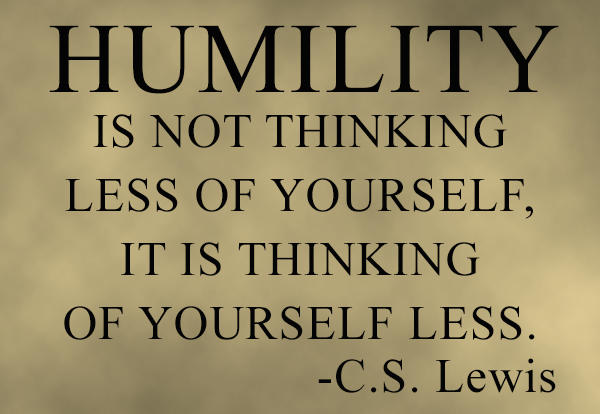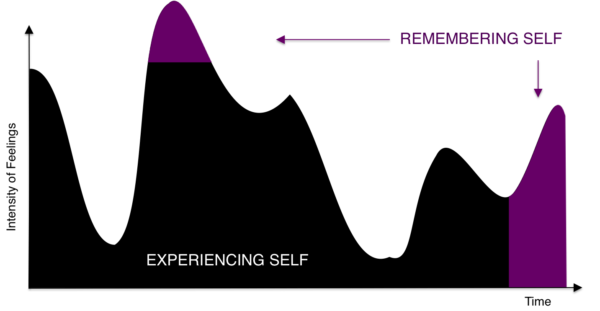The COVID-19 stay-at-home guidelines certainly have provided many of us with the opportunity to reflect on what we value most. We are missing our friends, our extended family, and the comfort that accompanies normalcy. The company that I am fortunate enough to be a part of recently used this situation as an opportunity to collectively reflect on challenges, opportunities, and what it is that we truly stand for as a team. I won’t get into the details of the thoughtful conversation and assessments it has inspired across the team, but I will sum up my observations in one word: humility.
Unlike every team I have been on while in the Navy, we don’t have formal company values, nor do we have an approved mission statement to adorn our walls. What we do have is observable behavior and a team that believes the best means of communicating our culture is the way we execute our responsibilities. The lack of an approved means of communicating our culture doesn’t necessarily help with recruitment, as there is no way to get a true appreciation for who we are from the outside. But it certainly doesn’t negatively impact our high retention rate, nor does it hinder our ability to generate amazing outcomes. There have been attempts to describe our culture on paper, but they have been resisted to date for all of the right reasons.
In the absence of an artifact that describes, I do my best to share what I see as our culture with each potential new hire. I have chosen different ways to describe it as I accumulate information on who we are based purely on observation. Ironically, it wasn’t until we all dispersed to our homes to accommodate remote work in response to COVID-19 that I was able to identify the singular trait shared by all. Again: humility.
Individuals with humility are comfortable acknowledging imperfections, willing to admit they don’t have all the answers, and committed to serving others to the best of their ability. I have partnered with many leaders, teammates, and friends over the years who demonstrate great humility. I have long made it a point to distance myself from people who are unwilling to show vulnerability, elevate others, or acknowledge personal fallibilities. Before commencing the interview process with this particular team, I had seen enough of silicon valley culture to know that humility isn’t a way many would describe the local populace. And though I would describe the preponderance of my teammates over the years as humble leaders, like most organizations, there are pockets of careerism, narcissism, and egotism scattered throughout the ranks.
One of the things I both wrestled with and welcomed when I was transitioning from the Navy to the private sector was that I was no longer going to be the leader of the team. Yes, I acknowledge that the opportunity to lead exists no matter where one falls within the organizational structure. But being an authority, whether it be positional or based on respected expertise, makes leading that much easier. Fresh off a career of enjoying varying degrees of positional authority, I had no interest in continuing the trend. In fact, I often remind others of how pleased I am to have zero direct reports. At the same time, considering this is my first job in the private sector, I joined it believing I had far less to offer this team than just about any other one I have joined over the years. Thankfully, I have since learned that I was wrong in that belief.
I have also learned that this team is filled with people who behave in ways that make it clear no task is too big or too small, all are valued as human beings, and each contributes uniquely to our shared cause. Equally important is that we as individuals and we as a collective keep things honest and go out of our way to show that we have a realistic sense of self. The name of our company is Authentic8 and it’s a pleasure to be part of a team that exudes authentic humility. Or shall I say, Authentic8 humility?
- What are you doing to elevate teammates?
- How do you deal with narcissism on your team?
- How prevalent is humility across your team?



